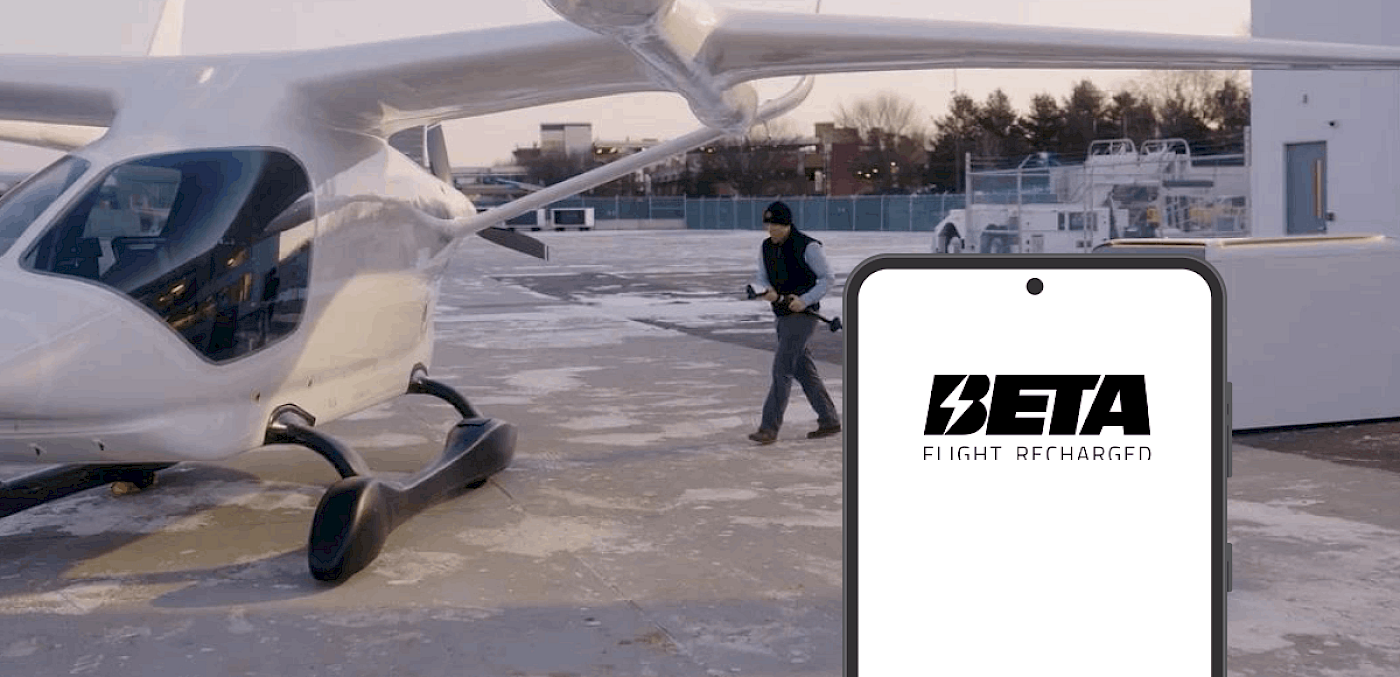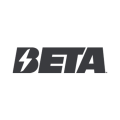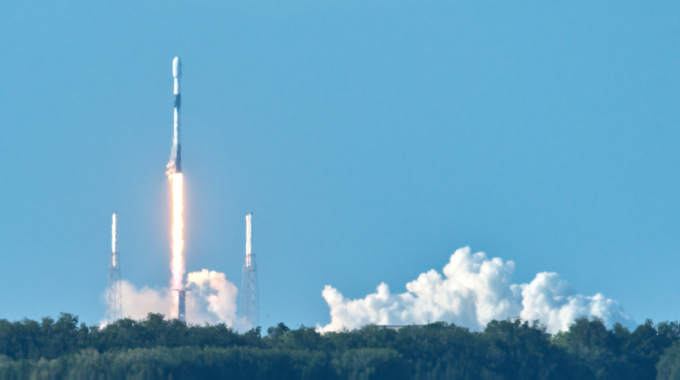Startup aviation companies are providing much of the fuel behind the moves toward zero-emission commercial flights. The latest news on this front is that privately-held Beta Technologies is pursuing Federal Aviation Administration certification for a fixed-wing electric airplane after receiving orders from three customers, the company announced last week.
The Burlington, Vermont-based company, which was valued at $2.56 billion as of April 2022, sees certification of the CX 300 – a conventional takeoff and landing version of its Alia 250 electric vertical takeoff and landing (eVTOL) aircraft - as a path to introduce an electric aircraft into U.S. airspace under existing regulations.
Founded in 2012, Beta Technologies have received financing in recent years from Climate Pledge Fund, Fidelity Management, RedBird Capital Partners, and TPG Rise Climate Fund, among others.
The company’s announcement comes less than two weeks after another private company, Universal Hydrogen, announced that one of its branded planes, equipped with the largest hydrogen fuel cell ever to power an aircraft, made its maiden test flight in eastern Washington state.
Anthropic launches its new Claude product
Meanwhile, the competition among private players in the closely-watched generative artificial intelligence sector is heating up. Anthropic, a San Francisco-based startup co-founded by ex-OpenAI employees, has launched something of a rival to OpenAI’s ChatGPT. Anthrophic’s chatbot is called “Claude” and it can be instructed to perform a range of tasks, including searching across documents, summarizing, writing and coding, and answering questions about particular topics, according to an article in Techcrunch. Though the chatbot is similar to OpenAI’s ChatGPT, executives at Anthropic make the case that Claude is “much less likely to produce harmful outputs,” “easier to converse with” and “more steerable.”
Not to be outdone, Open AI, also based in San Francisco, last week announced the launch of GPT-4, the latest version of its AI language model and, in the words of Forbes, “a leap from the technology powering its popular ChatGPT chatbot service.” At launch, Forbes writes, GPT-4 will be accessible to users who sign up for OpenAI’s $20 a month subscription service, ChatGPT Plus, while free users of the popular chatbot will continue to receive responses generated by the older GPT-3.5 model. OpenAI describes GPT-4 as more “reliable, creative, and able to handle much more nuanced instructions” compared to its predecessor.
A24 films wins at the Oscars
And finally, one creative start-up was a big winner at the recent Academy Awards. A24 Films, which was founded in 2012, is the independent movie studio behind “Everything Everywhere All at Once,” which won seven Oscars including Best Picture and Best Actress, and “The Whale,” which garnered the Oscar for Best Actor. The New York Times wrote that the New York City-based studio became the first in the 95-year history of the Oscars to capture the top six awards at once: the four acting categories, director and picture. It won nine trophies in all out of 18 nominations.
“Making A24’s glittering night all the more notable,” the Times wrote, “is that it comes as the movie business is in disarray. Art-house theaters shut down at a rapid clip during the pandemic and the audience for adult-minded films is shrinking.”





